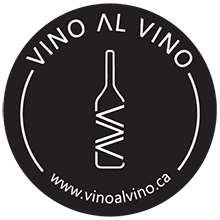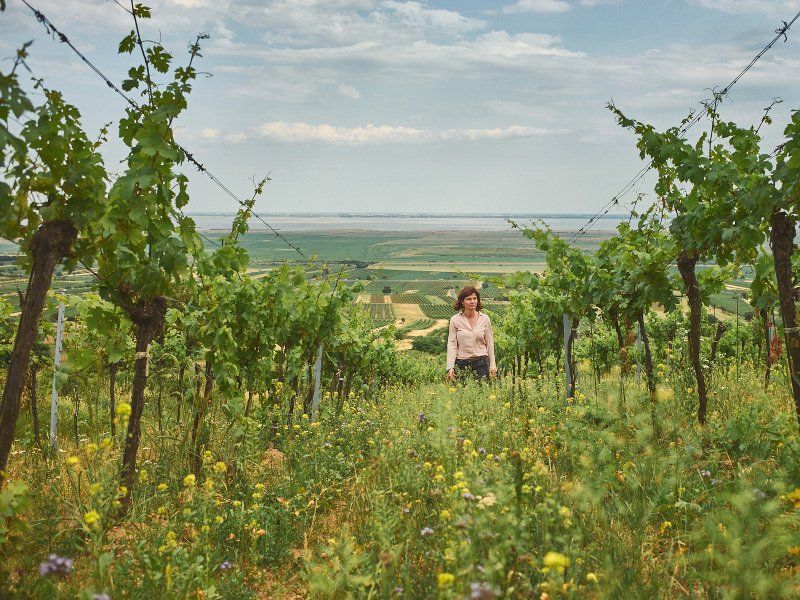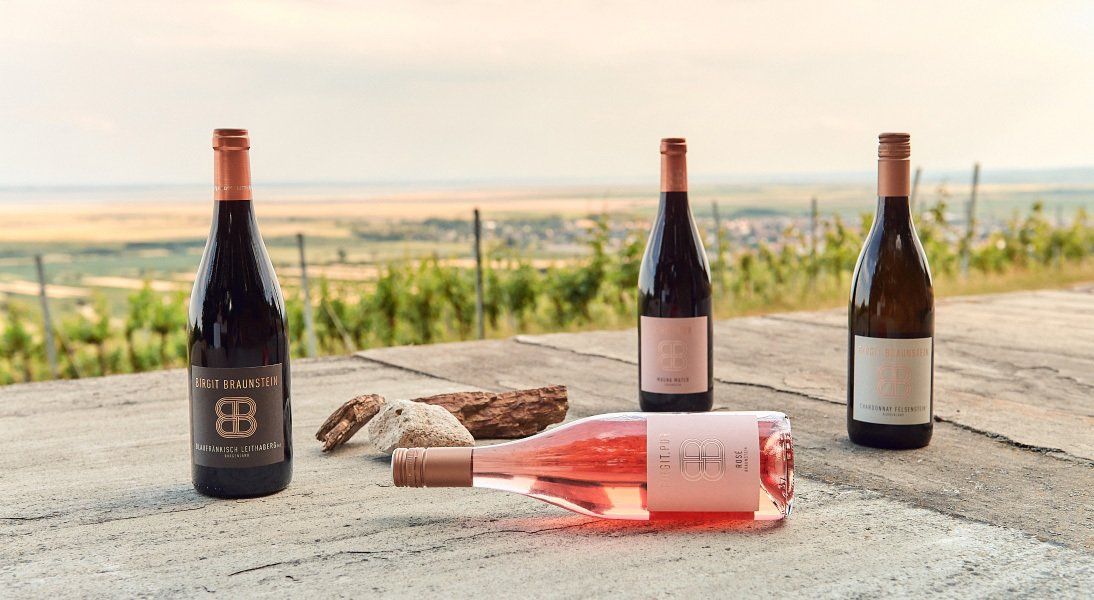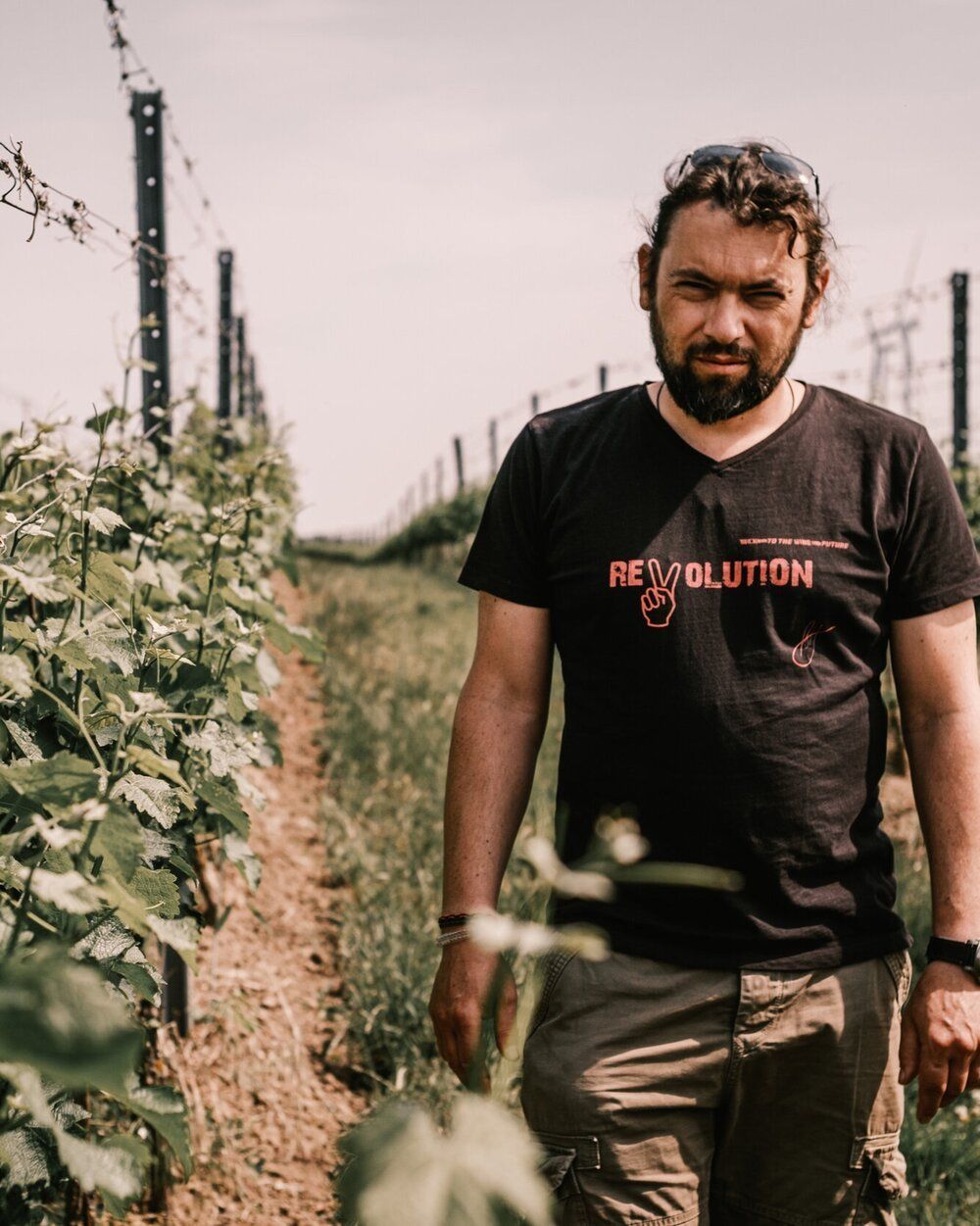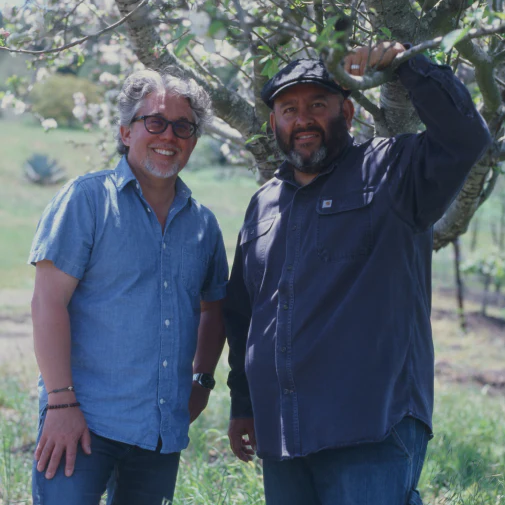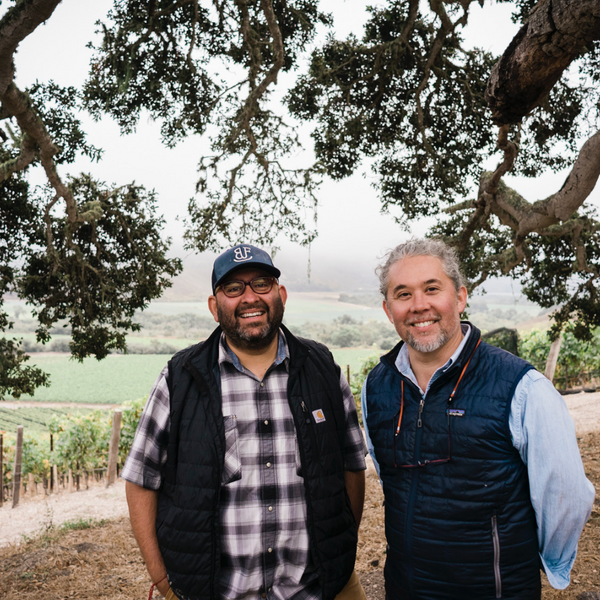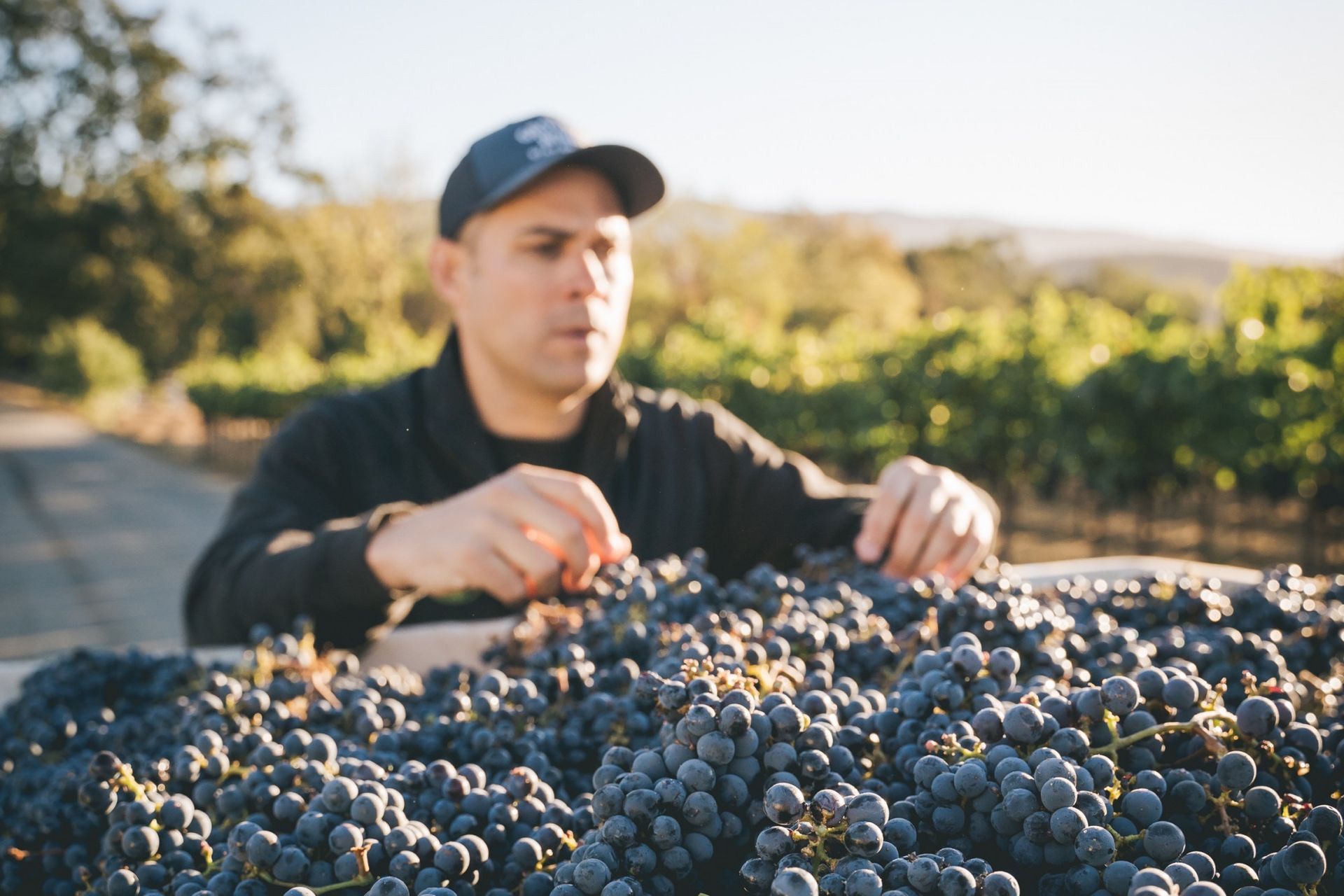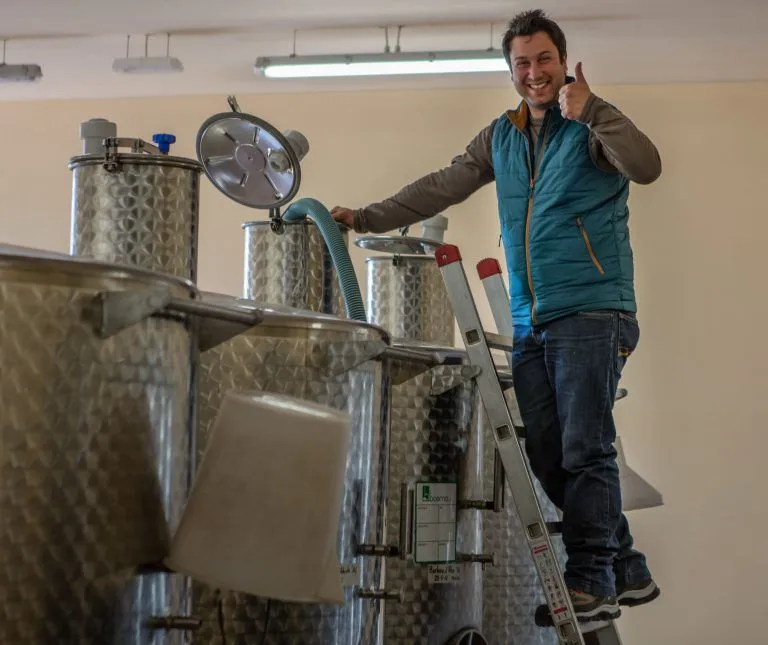Austrian Wine: Ripe for Appreciation
Birgit Braunstein
Ever the bridesmaid, never the bride — Austria has long been one of those incredibly undervalued wine regions that those in the know love to shop. Planted by the Romans over 2000 years ago, there is no shortage of traditional knowledge encrypted in these wines. Here are 3 reasons to add Austria to your wine collection:
1
Perhaps the unofficial capital of biodynamic wine farming. Austria’s dedication to restoring vineyards to harmony with the broader ecological circle of life has resulted in objectively healthier and better tasting grapes.
2
Elegant indigenous grapes. Varieties like Grüner Veltliner, Blaufränkisch, and Zweigelt, which used to be the hushed domaine of sommeliers and über nerds, are native here.
3
Balance and nuanced climate & land. Cool air from the north meets warm air from the Adriatic Sea, while moderate Atlantic weather systems from the west meet the warm Pannonian currents from the east. On the ground, limestone high in calcium is widely mingled with metamorphic rocks high in potassium.
In
Austria’s finest (and criminally undervalued) wines, all these pieces come together to create dazzling profiles in the acid and mouthfeel. Add in generations of knowledge, and the locals’ appreciation for finesse and food-friendliness in their ferments, and you get a region poised for greatness—especially as international markets outgrow their adolescent lust for over-extracted and over-oaked fruit bombs.
These are just 3 of a thousand reasons why Austrian wines should be walking down the aisle.
Here are two Austrian natural wine juggernauts to look out for next time you go shopping:
To see a photograph of Birgit Braunstein's vineyards is to understand her wines and her philosophy. They are edenic, bursting with flora and fauna.
Balance, balance, balance. This is the watchword at Weingut Braunstein. Birgit's vineyards are balanced between the warm winds of the Lake Neusiedl and the cool breezes off the Leithaberg mountains. Her soils are a complex balance of juxtaposing minerals: rich in both cooling and calcium rich sedimentary rocks like limestone intermingled with warming and potassium rich metamorphic minerals like gneiss. Birgit herself is a practitioner of qigong—you can't help but feel like all this practice in balance also shows up in the glass.
We first met Birgit at RAW fest in London and were instantly taken by the purity and frankness of her wines. So were not surprised to learn that Birgit’s winemaking family tradition stretches back to 1632, tending 22 hectares of vines on the Western shores of Lake
Neusiedl in the
Burgenland, a cradle for natural wine.
Since 2008, Birgit has also been assisted by Adriana Gonzalez, the only female cellar master in the
Burgenland. All of their wines are naturally fermented and bottled unfined and unfiltered with minimal sulphur additions.
These wines are some of the most faithful, reliable, and enduring in our portfolio. They are resolutely amenable on the dinner table, pairing broadly with a range of dishes, a godsend for restaurants. Their consistency belies their minimal intervention farming and winemaking and their price point belies their quality. They never fail to impress, quiet and unassuming at first, but always growing on you with each sip.
For the first time buyer, check out Birgit's unstoppable single vineyard Blaufränkisch for a bright and peppery red, her Pinot Blanc for a refreshing and über food friendly white, her joyous Rosé PUR made from Zweigelt and Blaufränkisch, and for those who love a richer style of red, seek out her gorgeous Wildwux cuvée, a generous blend of Blaufränkisch, St. Laurent, Zweigelt, and Merlot aged in small French oak barriques for that warm spice and oxidative development.New Paragraph
Biodynamically hand farming 18ha of Austrian vines an hour northeast of Vienna is a jubilant young man named Johannes Zillinger. His cleverly crafted wines are a window into lesser explored area. And his ingenuity as a farmer and winemaker have gained purchase from Japan to Scandinavia to New York. And now Western Canada.
As a 3rd generation vigneron, Johannes Zillinger inherited his cellars from his Father in 2013, though their winery reaches back 350 years. Johannes has lived in the organic mindset since he was born, his father being an early adopter of organic wine farming (certified organic in 1984!, even before Austrian wine’s notorious and crippling anti-freeze scandal).
On succeeding his Father, Johannes immediately converted to biodynamics, continuing in his Father’s footsteps to advance toward an agriculture of balance. His vineyards swarm with life, striving toward an ecological harmony with the environment at large.
Zillinger’s cellars are on a residential street, sandwiched between two humble little houses in the tiny Austrian village of Velm-Götzendorf, just ten minutes east from the border with Slovakia. Though his edenic vineyards lay firmly in Austria’s largest DAC, Weinviertel, famous for it’s peppery and youthful Grüner Veltliners, Zillinger eschews the appellation for a few good reasons:
Zillinger’s soils are unique from most of the expansive appelation (and his farming is biodynamic).
Zillinger’s winemaking is unique from the style the DAC is associated with, making extensive use of qvevri, skin contact whites, spontaneous ferments with native yeast, foot treading his grapes, and lots of bâtonnage, all while using minimal sulphur and bottling his wines unfined and unfiltered.
Zillinger’s wines are far more experimental and boundary pushing than the cheap-and-cheerful connotations the Weinviertel DAC is largely known for.
Johannes’s wines range from the glou glou (his village named “Velue” series) to the austere and serious (his single-vineyard single-varietal “Reflexion” series) to the playfully experimental (his multi-vintage zero/zero solera blends, the “Revolution” series). Johannes and his family farm 8300 cases of gorgeous wine each year under Demeter's biodynamic certification. He is part of a group of over 100 biodynamic farmers in the Austrian/Slovakian area that combine resources to collectively make their preparations. With those tools and principles in hand, he brings forth truly fine wines from white varieties like Grüner Veltliner, Riesling, Sauvignon Blanc, Gelber Muskateller, Scheurebe, Chardonnay and red varieties like Zweigelt, St. Laurent, Cabernet Sauvignon, Rösler, Syrah. Don't miss your opportunity to try these joyful wines wherever you see them available.
Prost!
Vino Al Vino is a Western Canadian wine importer specializing in real wines, wines with minimal intervention. All of our wines are sustainable. Almost all of our wines are certified organic. Many of our wines are certified biodynamic. Many of our wines are full-throttle zero-zero natural wines.
